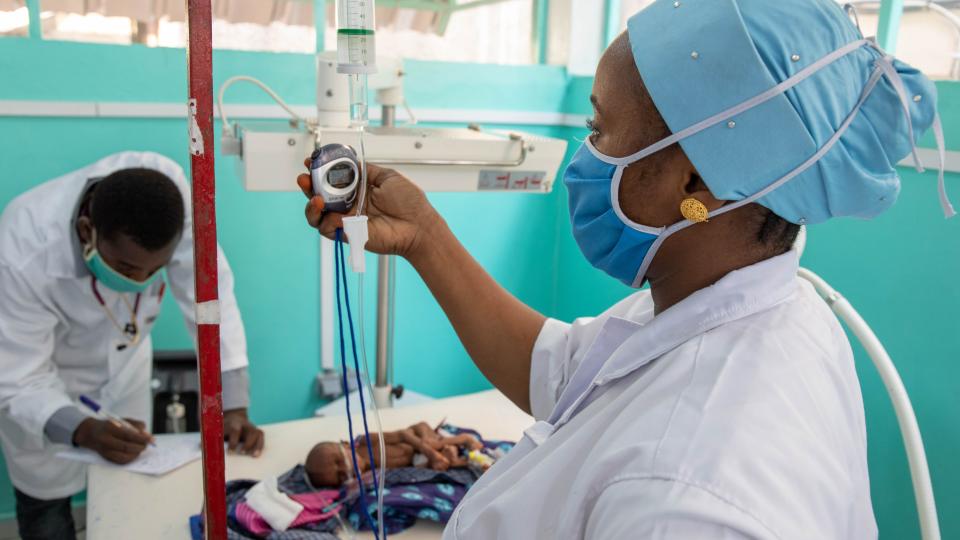The Guardian article highlights ICN’s concerns about international nurse recruitment and its drastic effects in low-income nations

A major article on the website of the prestigious The Guardian newspaper website is highlighting ICN’s concerns about nurse migration from poorer to richer nations, which nurse leaders in Africa have called a new form of colonialism.
In the story, The Guardian’s Global Health Correspondent Kat Lay examines the issue of international recruitment and its damaging effects on health care in lower income countries.
ICN Chief Executive Officer Howard Catton is quoted in the story as saying that African nurse leaders are “angry that high-income countries were using their economic power to take the nursing workforce they needed from poorer, more fragile countries.”
Reflecting on the issue, Mr Catton said: “It is clear that a stronger World Health Organization (WHO) global code is required to ensure that international recruitment is ethical and that there are proportional mutual benefits on both sides. At the moment the WHO code appears to provide an ethical veneer, masking the harmful effects of what is happening, which are worsening global health inequalities.
‘Recruiting countries that have failed to invest sufficiently in their own nursing workforce are now using their superior economic might to buy a short-term fix to meet their own needs. They are not compensating proportionally those source countries which is leading to health harms and inequalities, and that is why it’s being described as a form of neo-colonialism.”
Nurse leaders from African National Nurses Associations (NNAs) told Ms Lay that the nurses who left were usually highly experienced and their absence was keenly felt.
Dr Baboucarr Cham, president of National Association of Gambia Nurses and Midwives said: “It is causing a lot of issues in Gambia, because our experienced nurses are leaving and going to Europe and America.”
He said 53 of the 300 registered nurses at a major teaching hospital had left their jobs in 2023 and suggested that recruiting countries should ‘give back’ to the countries that paid for their nurses’ training. “If you recruit one nurse, you should [pay to] train two nurses.”
Gambia has 0.9 nurses per thousand of the population, whereas the UK has 9.2.
Perpetual Ofori-Ampofo, President of the Ghana Registered Nurses and Midwives Association, said it was every nurse’s right to travel abroad for work, but governments in poorer nations should make nursing a more attractive career so that nurses want to stay in their home countries.
She told Ms Lay: “If you visit particular health facilities then you will see the reality of the situation – unit by unit, or department by department, they are feeling the pinch of their colleagues leaving and the burden of work that is left to those that are at their post.”
Mr Catton and ICN President Dr Pamela Cipriano recently attended meetings in Sweden and Rwanda, where they spoke with nurse leaders from 40 of ICN’s 130-plus NNAs about international recruitment from both sides of the issue.
After those meetings, Dr Cipriano said: “International nurse recruitment has spiraled out of control in recent years. Every government has a duty to protect its population, but by recruiting experienced nurses from poorer nations, wealthier ones are effectively outsourcing the costs of training, getting their registered nurses on the cheap, without any form of reimbursement.
‘This behavior is now having dire consequences in many countries where serious gaps are being seen in health care systems that are under a great deal of pressure. The World Health Organization has ethical recruitment guidelines: they must be followed rigorously – to do otherwise is unconscionable.”